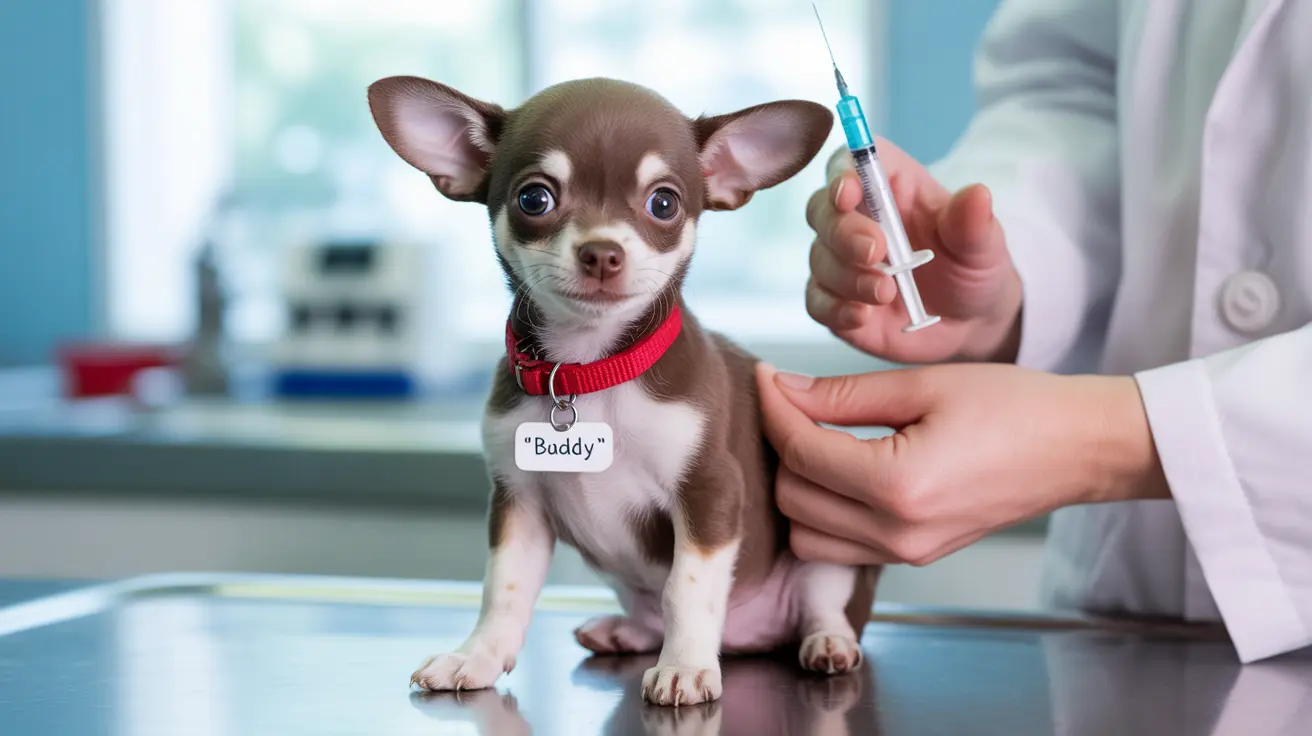Protecting your dog against deadly diseases starts with understanding the importance of the canine distemper vaccine. As one of the core vaccinations for dogs, this crucial immunization helps prevent a highly contagious viral infection that can have devastating effects on your pet's health.
In this comprehensive guide, we'll explore everything you need to know about the canine distemper vaccine, from vaccination schedules to side effects, helping you make informed decisions about your dog's health care.
Understanding Canine Distemper and Its Vaccine
The canine distemper vaccine is a vital shield against a potentially fatal viral disease that affects dogs worldwide. This highly contagious virus attacks multiple body systems, including respiratory, gastrointestinal, and nervous systems, making prevention through vaccination absolutely critical.
The vaccine works by introducing a modified version of the virus to your dog's immune system, allowing it to develop protective antibodies without causing the actual disease. This immunity helps protect your dog when exposed to the real virus in the environment.
Vaccination Schedule and Timing
Proper timing of the canine distemper vaccine is crucial for establishing effective immunity. Puppies typically begin their vaccination series between 6-8 weeks of age, with boosters given every 2-4 weeks until they reach 16 weeks old.
Adult dogs require regular boosters to maintain their immunity. After the initial puppy series and one-year booster, most adult dogs receive the vaccine every three years as part of their core vaccination schedule.
Important Considerations for Pet Parents
When getting your dog vaccinated against distemper, there are several factors to consider:
- Your dog's age and health status
- Previous vaccination history
- Lifestyle and exposure risks
- Local disease prevalence
- Veterinary recommendations
Understanding Vaccine Protection
The canine distemper vaccine provides robust protection against the virus, but it's important to understand that immunity isn't instant. It takes several weeks after the complete vaccination series for full protection to develop, and younger puppies may need multiple doses to achieve adequate immunity.
Frequently Asked Questions
How often should I vaccinate my dog against canine distemper?
Puppies need a series of vaccinations starting at 6-8 weeks, with boosters every 2-4 weeks until 16 weeks old. Adult dogs typically need boosters every three years after their initial one-year booster, though specific schedules may vary based on your veterinarian's recommendations and local requirements.
What are the typical side effects of the canine distemper vaccine?
Most dogs experience mild side effects such as temporary soreness at the injection site, mild fever, or slight lethargy for 24-48 hours after vaccination. Serious reactions are rare but can include allergic responses, which require immediate veterinary attention.
How does the canine distemper vaccine work to protect my dog?
The vaccine contains a modified version of the distemper virus that stimulates your dog's immune system to produce protective antibodies. These antibodies then recognize and fight off the actual virus if your dog is exposed in the future.
Can I delay vaccinating my puppy against canine distemper until they are older?
It's not recommended to delay vaccination, as puppies are most vulnerable to distemper infection. The vaccine schedule is designed to provide protection as early as possible while accounting for maternal antibody interference.
What are the risks if I do not vaccinate my dog against canine distemper?
Unvaccinated dogs are at high risk of contracting distemper, which can cause severe illness or death. The virus affects multiple body systems and can lead to permanent neurological damage in survivors. Additionally, unvaccinated dogs can spread the virus to other animals in the community.
Conclusion
The canine distemper vaccine is a cornerstone of preventive healthcare for dogs. By following proper vaccination schedules and working closely with your veterinarian, you can help ensure your dog stays protected against this serious disease. Remember that vaccination not only protects your pet but also contributes to the overall health of the dog community by preventing disease outbreaks.






